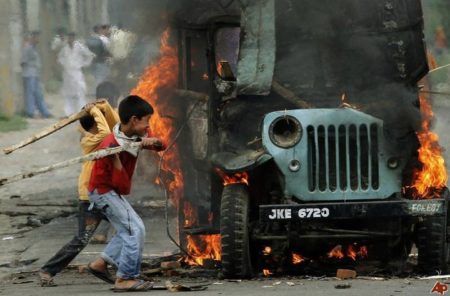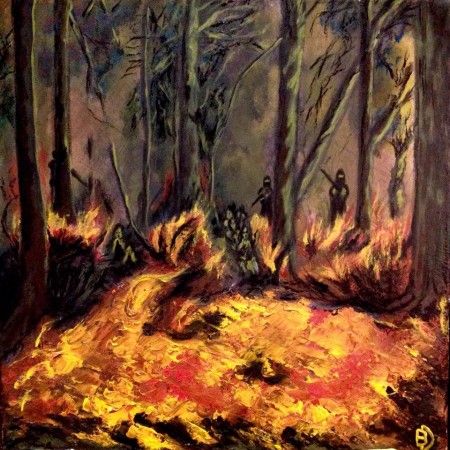
This article was originally published by the Small Wars Journal in September 2016.
Thanks to a sequence of fortunate accidents around 2005-2006, the world discovered the intellectual legacy of David Galula (1919-1967). Since then, two books and one monograph restituted the story of his life or vast segments of it. Although some went into a fascinating level of detail, none of these, in my view, are an easy read for a non-military audience. A minimal awareness in terms of war studies is needed to really capture what they had to say. Besides, the French-speaking readership is still far from hearing about Galula. These are the two reasons why I decided to tell the story of Galula’s life – in French.
Writing a book about David Galula amounts to recounting the story of a paradox (many of them actually). On the one hand, there is a consensus on him being the founding father of counterinsurgency, a groundbreaking theory in modern military affairs. Galula was a self-made man in various aspects; born into a relatively modest environment, he rose to positions where no one expected him to, in virtue of his faith and social background. He traveled the world and exerted the full scope of his talents in a diversified career ranging from diplomat, author and secret agent to infantry officer. Many influential people liked him and very few voiced any opposition or hostility at his respect. Yet, Galula’s legacy went silent after his premature death in 1967. During forty years, neglect and bad luck buried Galula’s unorthodox and stimulating contributions to the art of war. Neither book royalties nor a military pension were enough to keep his widow from having to look for a job to make a living and raise their only child. Galula is still mostly unheard of in his home country, France.


